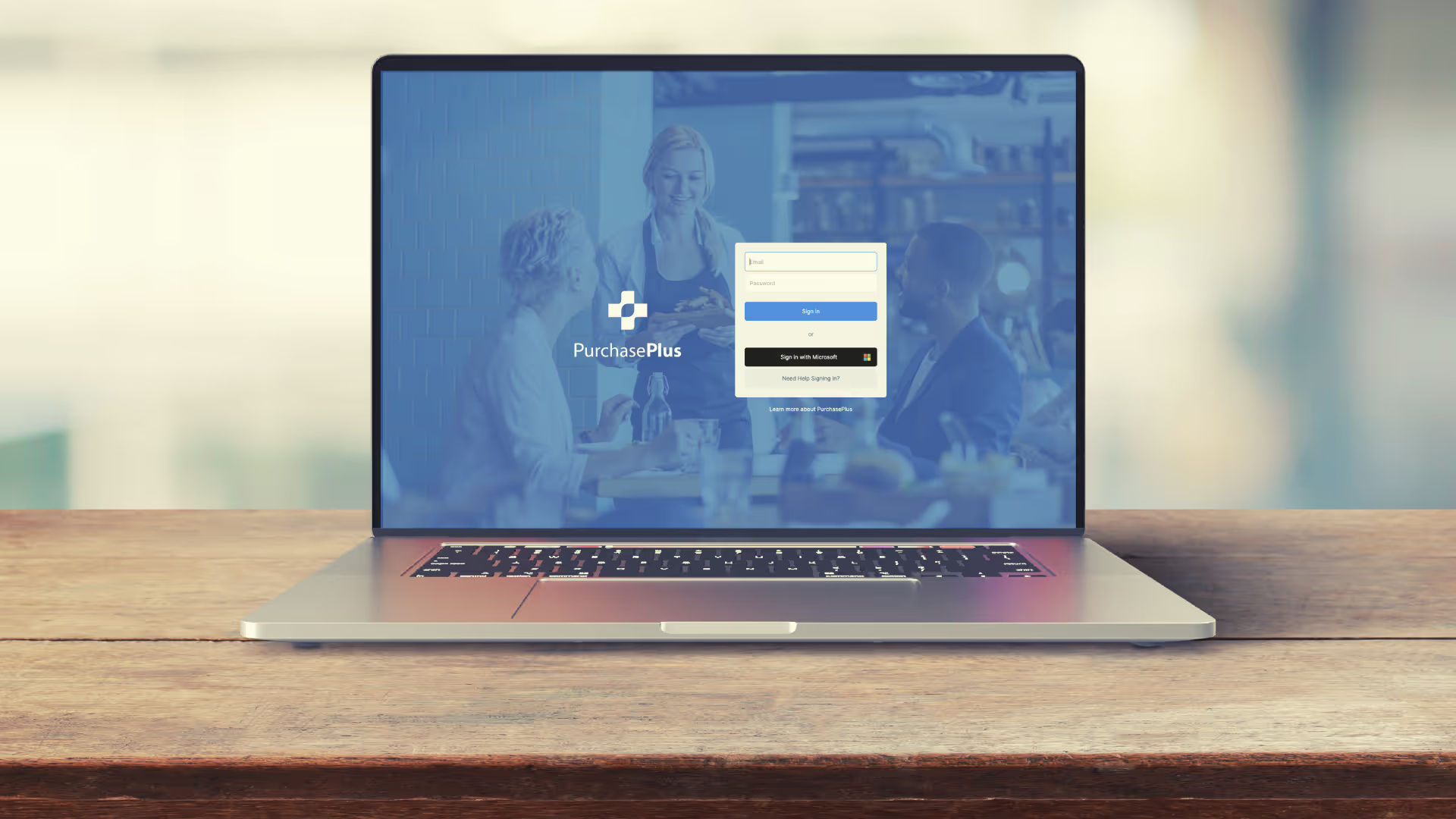Procure-to-Pay

Extreme Weather Causes Cocoa and Coffee Prices to Double and Further Food Price Volatility: Implications for the Hospitality Industry

Asia-Pacific Hotel Performance: Navigating 2025 with PurchasePlus
.avif)
Boosting Hotel's Restaurant Profitability in 2025

Enhancing Inventory Management in the Food Production Industry: Challenges and Solutions

Enhancing Sustainability in the $9 Trillion Hospitality Food Supply Chain

Hospitality Procurement Trends 2025: What's In and What's Out

Hotel Industry Forecast 2025: Development, Labor, F&B, and More

Hotel Profitability: The Ultimate Guide to Hotel Revenue Management

How to Increase Hotel Revenue: 7 Tips for Small Hotels

Navigating the Future: Key Hospitality Trends Shaping 2025
.png)
Hotels today are navigating a significant evolution in consumer expectations, one that extends far beyond the traditional focus on comfortable accommodations and convenient amenities. Modern guests are increasingly seeking authentic and immersive experiences that deeply connect them to the unique character and offerings of their chosen destination.
One of the most impactful and readily implementable strategies for hotels to deliver this authenticity is through a commitment to local purchasing—sourcing food, beverages, and operational supplies from vendors located within the surrounding region. This not only enhances guest experience but also positions hotels as champions of local economies and sustainability.
A strong local procurement strategy yields tangible operational advantages: cost reduction, increased menu flexibility, minimized environmental impact, and stronger community engagement. Although some operators perceive barriers such as seasonal availability or vendor logistics, modern procurement technologies now make this transition not only possible but highly advantageous.
Let’s explore five compelling reasons why 2025 is the year for hotels to embrace the local purchasing trend.
The Shift Towards Community-Driven Hospitality
Hotels no longer operate in isolation—they are part of a larger economic and cultural ecosystem. A recent report by the Sustainable Hospitality Alliance reveals that 74% of travelers prefer hotels that support local communities and businesses.
This growing guest sentiment reflects a deeper desire for authenticity and ethical travel. According to UNWTO, only 15% of tourism revenue remains in the destination when imported goods are used. With local sourcing, up to 65% of the revenue stays in the local economy.
Local purchasing is no longer a niche strategy—it is a competitive advantage.
Strengthening the Local Economy Through Hotel Procurement
The myth that local purchasing increases costs is increasingly being debunked. Hotels can reduce freight charges, import taxes, and waste associated with long-haul deliveries.
When hotels commit to consistent local orders, suppliers are more likely to offer discounts or flexible pricing. In fact, a 2024 Cornell study showed hotels that sourced over 50% of ingredients locally saw an 18% reduction in food costs and a 22% increase in guest satisfaction.
The ability to quickly adapt menus to seasonal availability also empowers chefs and improves perceived freshness—another win for guest satisfaction.
Reducing Carbon Footprint and Transportation Costs
Sustainability is no longer optional. Guests expect it, and operators benefit from it. On average, imported foods travel 1,500 miles, while local products often travel fewer than 200 miles.
Shorter transport routes mean fewer emissions, fresher goods, and reduced packaging waste. Moreover, many small local producers use organic or regenerative farming practices, reducing the ecological footprint of the hotel’s entire supply chain.
By choosing regional farms and artisans, hotels demonstrate genuine environmental leadership—and attract like-minded travelers.
Managing Seasonal Availability and Supply Consistency
The top concerns about local purchasing usually revolve around availability and logistics. Seasonality can limit certain ingredients, and small producers may not always meet volume expectations.
The solution lies in supplier diversification and forecasting tools. By building relationships with multiple vendors and planning ahead with inventory intelligence, hotels can ensure consistent quality and availability.
Training teams to adjust menus based on seasonal ingredients also creates storytelling opportunities for guests, turning logistical flexibility into experiential marketing.
Leveraging Digital Solutions for Smarter Local Sourcing
Modern procurement platforms have revolutionized the way hotels source products. With real-time supplier data, automated ordering, inventory tracking, and analytics, hotels can now localize their supply chains with full control and transparency.
AI-driven platforms forecast guest demand, optimize purchase timing, and even help compare local vendors for price and sustainability credentials.
Technology also ensures compliance and traceability—allowing hotels to verify certifications, product origin, and safety in just a few clicks.
How PurchasePlus Simplifies Procurement and Inventory Through POS Integration
PurchasePlus is purpose-built to empower hotels to make smarter, faster, and more sustainable procurement decisions—especially when transitioning to local suppliers.
Here’s how PurchasePlus supports local sourcing:
With PurchasePlus, local sourcing becomes less of a challenge and more of a competitive advantage—without sacrificing cost control or efficiency.
Hotels that embrace local purchasing in 2025 are future-proofing their operations. They are reducing costs, improving the guest experience, minimizing environmental impact, and uplifting their communities.
Local sourcing is not a trend. It is a movement—and PurchasePlus is here to make it easier, smarter, and more profitable.